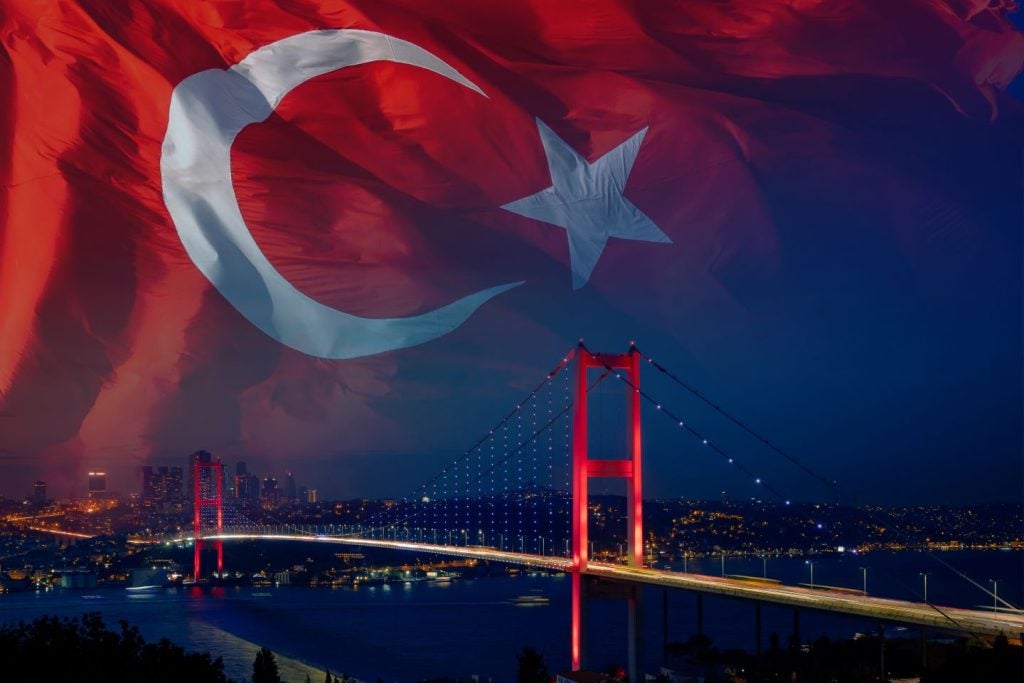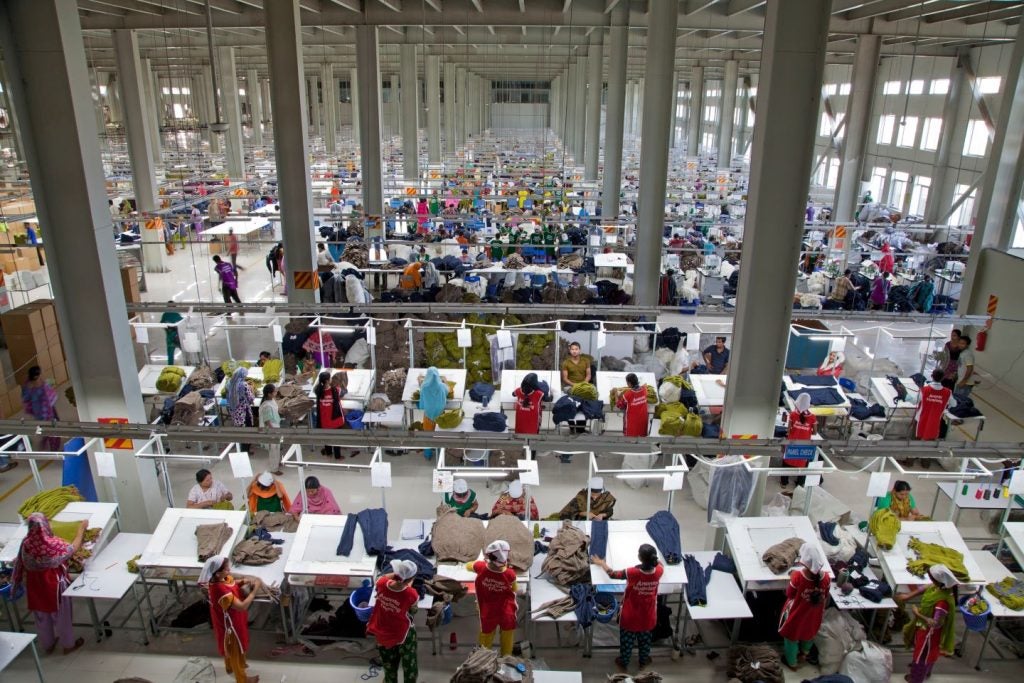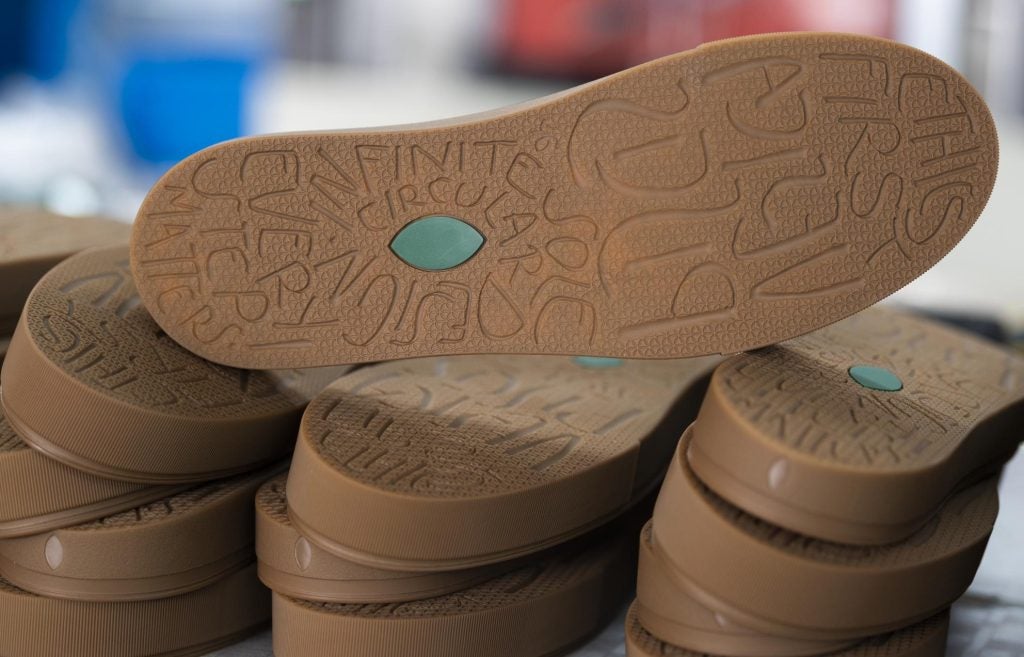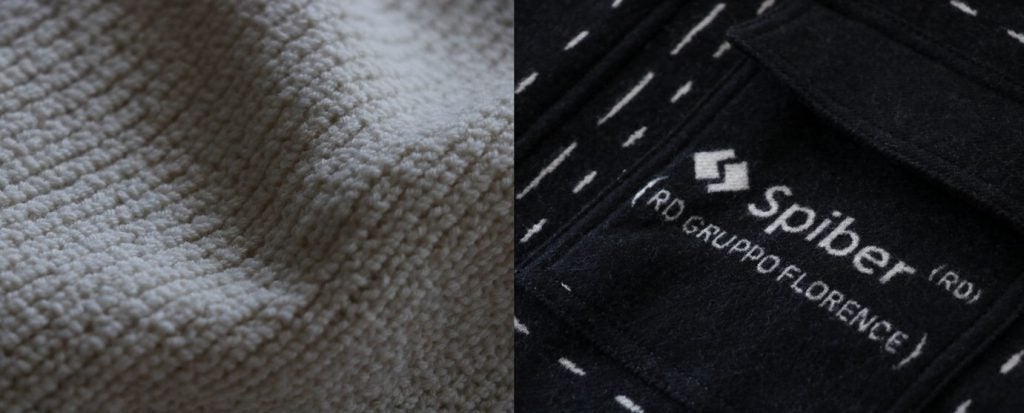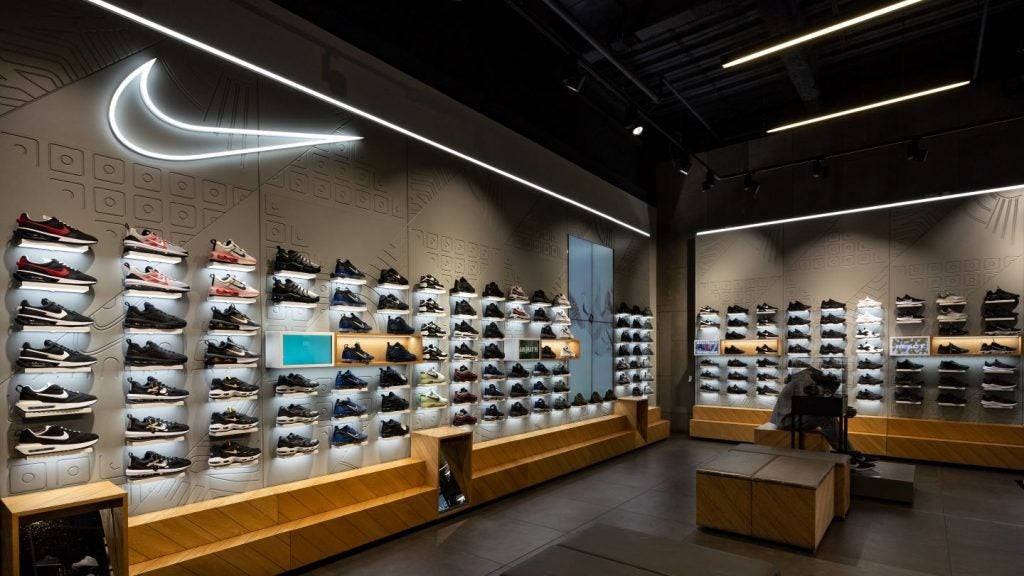Gultepe was commenting in response to the first-half performance figures for Türkiye exports as well as current issues and expectations at a meeting with TIM council members.
Gultepe pointed out TIM had been targeting a $267bn goods export target and $110bn in services exports at the start of the year but warned Türkiye was already behind target in the first half of the year.
“Our six-month exports reached $125.4bn, and our 12-month exports reached $257.8bn. When compared to 2023, we are up 2% in six-month exports and 2.5% in 12-month exports. We predict that we will complete the first half of the year at $44.6bn dollars in service exports, whose data has not yet been finalised.
"We have also increased our service exports by around 3.4% compared to last year. It is important that we complete the first six months in a positive direction despite both developments in global markets and domestic problems. However, the picture may not carry us to the modest target we set for 2024.”
Gultepe stated exports had “generally been following a horizontal course for the last year and a half,” citing issues stemming from the regional conflicts in Ukraine and Gaza and a contraction in demand in major markets like the EU and US.
Specifically for June on a year-on-year basis, apparel exports sank by 11.9% to $17.9m.
“Despite the high rate of increase in our production costs in particular, the horizontal course of the exchange rate has damaged our competitiveness,” Gultepe continued.
“Our production costs have increased by over 100% in the last year from last July to this July. The rate has exceeded 120% in some sectors. During the same period, the increase in the dollar exchange rate remained at 25%. Therefore, we cannot keep up with the prices in many sectors. When we look at production costs, we are at least 40% more expensive than our Asian competitors and 15-20% more expensive than many countries in Europe in dollar terms. Our 2024 target of $267bn is trapped in the high cost, low exchange rate trap.”
Gultepe also pointed out Türkiye has lost competitiveness, particularly in labour-intensive sectors like ready-made clothing whose exports fell 12.8% to $8.7bn in the first half of 2024.
“When compared to the first six months of 2022, the loss is approaching 20%. A similar situation is the case in many sectors,” he said.
Textiles saw a 3.8% dip in exports during the first half.
“Since profit margins have decreased and some sectors have even made sales at a loss in order not to lose customers, companies' working capital has decreased. There has been a significant increase in the number of companies declaring bankruptcy recently.
“We started the second 100 years of our Republic with the vision of taking Türkiye among the top 10 countries in exports. In 2028, we aim to export $375bn worth of goods. For this medium-term goal, we need to grow our exports by an average of 10% every year. However, in a process where demand is shrinking, it seems difficult to even reach our target of $267bn for this year with exports squeezed by low exchange rates and high costs. We know that in the long term, we have to increase the added value in exports and increase our kilogram unit price, which is currently at the level of $1.5 to over $3.
TİM is leading its companies to use the opportunities of technology, to develop design, branding, innovation and green production capacity.
He explained: "Our sectors have completed their action plans, which is the roadmap for compliance with the Green Deal. We follow the implementation process periodically. In the short term, we expect the obstacles that weaken our competitiveness, slow us down and make us lose our game to be removed as soon as possible.”


